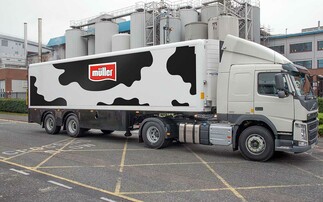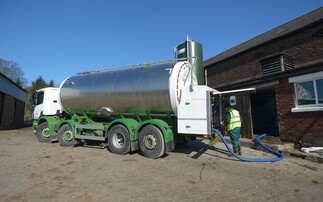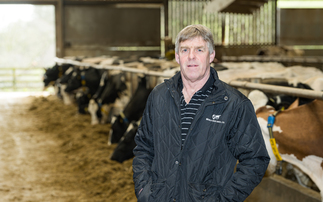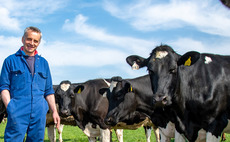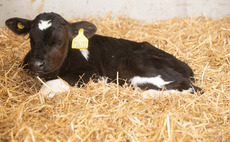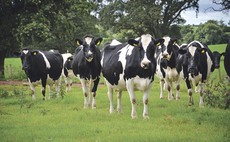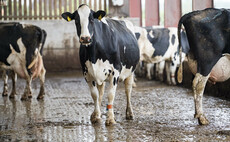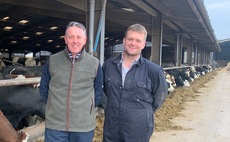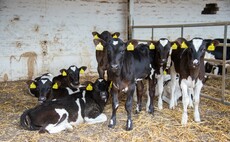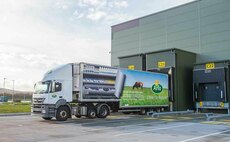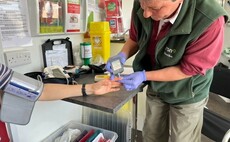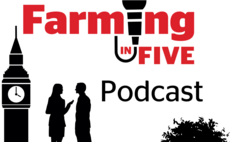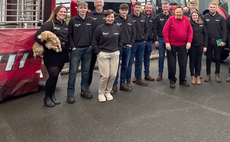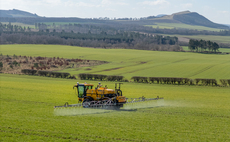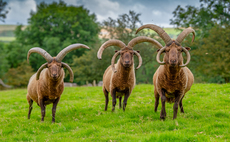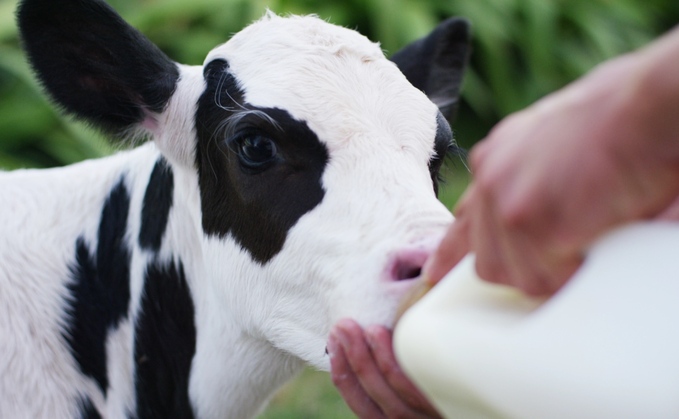
Good husbandry is essential for securing a calfs long-term health and productivity and for protecting against cryptosporidiosis, the most common cause of scours in beef and dairy youngstock.
Cryptosporidium parvum, a protozoa, is ubiquitous on dairy farms, but a focus on cleanliness and good hygiene can help prevent calves from succumbing to clinical disease.
Kate Ingram, ruminant technical adviser at Virbac UK, says it is the aspiration of every vet to avoid the need to treat sick animals by encouraging clients to prevent diseases with good husbandry and vaccination.
She says: Vets would much rather work with their clients in a proactive role,rather than a reactive one.
Ms. Ingram advises paying close attention to the hygiene of a calfs general environment and feeding equipment.
She says: It is really important to clean out housing regularly, for surfaces such as gates to be easy to clean and to use a disinfectant which is effective against Cryptosporidium parvum.
The housing environment should be dry with low humidity and well ventilated without being cold or exposing calves to draughts.
Ms Ingram says: Provide plenty of clean and dry bedding and top it up regularly. Use of calf jackets or heat lamps and providing nesting areas can help young calves stay warm.
Newborn calves have a lower critical temperature of 9degC in a draft-free environment, meaning that at temperatures below this, calves will divert energy from growth to keeping warm.
But even the most immune calf which has had high quality colostrum in the right amount and at the right time can succumb to cryptosporidiosis if the challenge is high enough.
When this happens, calves can be treated with Kriptazen to reduce diarrhoea caused by Cryptosporidium parvum and reduce the shedding of the protozoa into the environment, which lessens the challenge to other calves.
Ms Ingram says: It is useful for control, especially in a system where there are some elements a farmer cannot control, such as high stocking rates.
Minimising contact by healthy calves by any animal which has cryptosporidiosis and is infectious is also recommended where it is practical to do so.
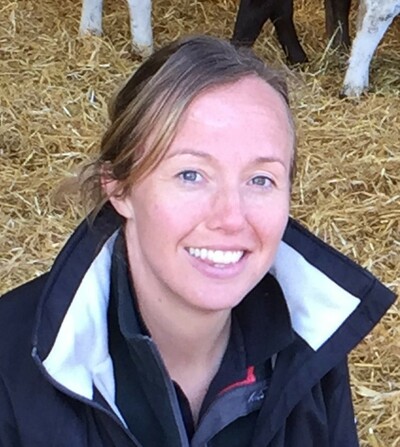
A word from the sponsor
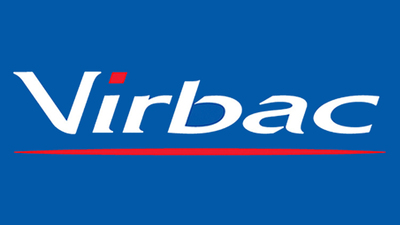
Bovigen Scour is a single-dose vaccine which should be given to cows between 12 and three weeks before they calve. It stimulates the production of antibodies to three of the most common infectious causes of calf scour: rotavirus; coronavirus; and E.coli F5 [K99].
These antibodies are passed into the colostrum of the cow and then passively absorbed by the calf when it drinks the colostrum in the first hours after birth.
Kate Ingram, veterinary adviser for Virbac UK, says: Studies have shown that feeding calves colostrum from vaccinated cows helps control, and reduces the impact of, calf scour caused by rotavirus, coronavirus and E.coli F5 (K99).
Compared to those calves fed colostrum from non-vaccinated cows, calves fed colostrum from vaccinated cows had reducing severity of disease; reduced duration of diarrhoea; reduced shedding of pathogens; and reduced duration of shedding.
Vaccination helps maximise the immunity of the calf to these infectious pathogens while also reducing the shedding of these pathogens into the environment, therefore helping to reduce the challenge to other calves in the group. Effectiveness is reliant on calves absorbing adequate antibodies from the colostrum, so ensuring good colostrum management to ensure successful passive transfer is paramount.












